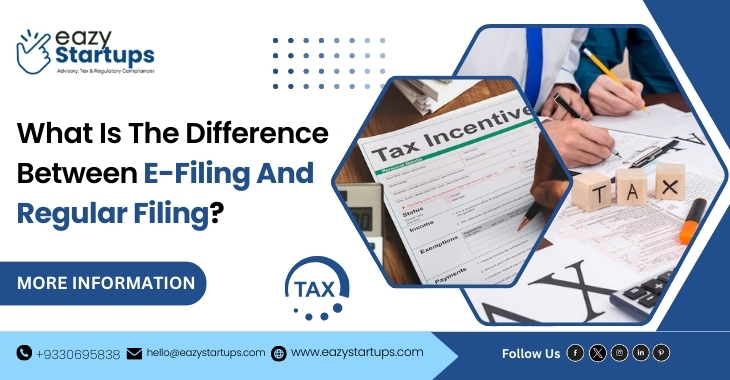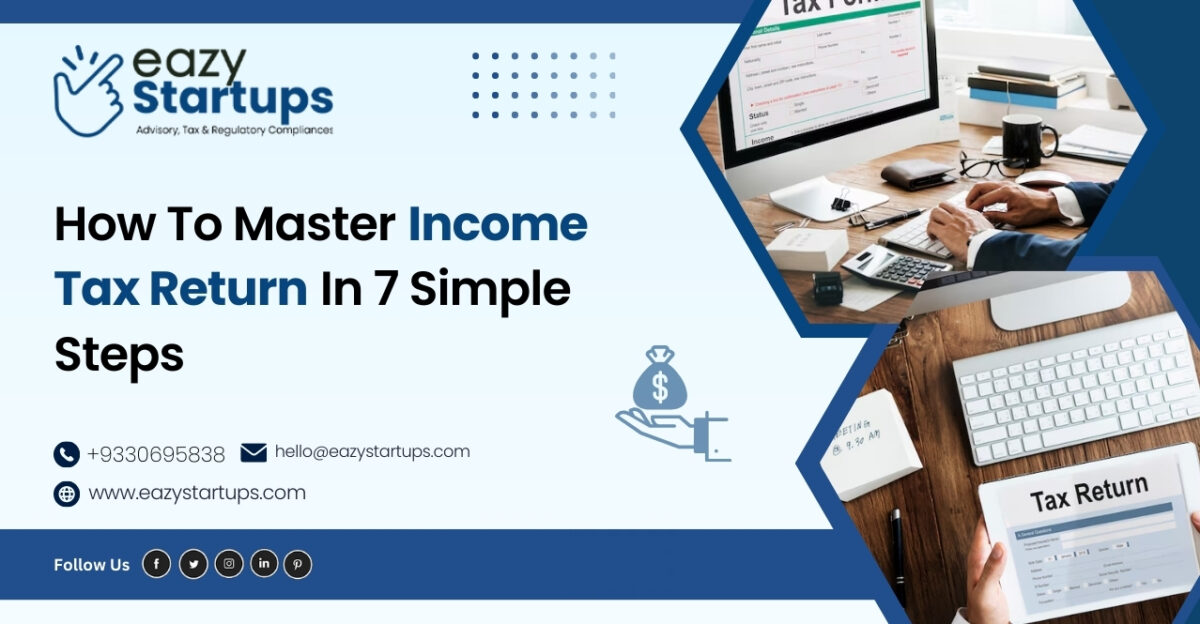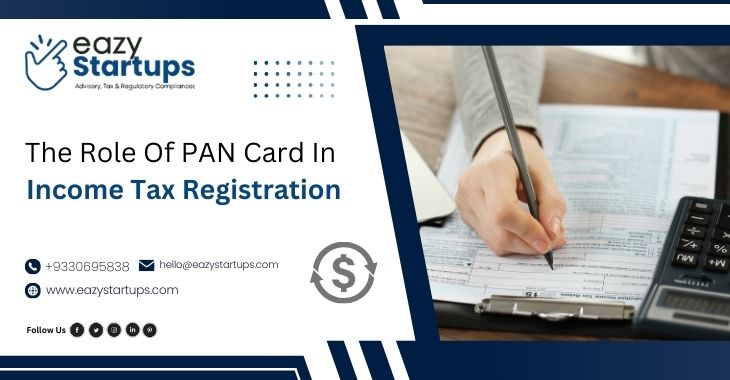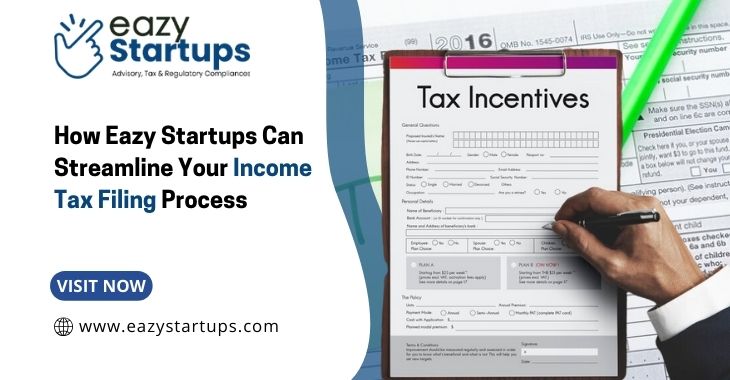Have you ever wondered if you need to register for income tax? Well, if you earn money, chances are you might have to! Income Tax Registration is a crucial step to ensure you stay on the right side of the law. But don’t worry—it’s not as complicated as it sounds.
Let’s break it down so that it’s easy to understand and, more importantly, easy to follow!
1. If You Are an Earning Individual
2. If You Run a Startup or Own a Business
3. If You Are a Freelancer or Gig Worker
4. If You Make Money Investing
5. If You Are a Professional with a Private Practice
6. If You Want to Apply for Loans or Credit
7. If You Want to Claim Tax Benefits
8. If You Have a Pension as a Senior Citizen
9. If You Earn from Foreign Sources
If You Are an Earning Individual:
You should determine whether your income surpasses the taxable limit if you are paid a salary, operating a business, freelancing, or generating money in any other manner. If your income exceeds a certain threshold determined by the government, you must register for income tax. It’s better to be safe than sorry, even if your income is barely cutting!
If You Run a Startup or Own a Business:
Managing a company? In that case, income tax registration is required rather than optional! You must register for taxes regardless of whether you own a tiny business, an internet company, or a full-fledged corporation. This is true for corporations, partnerships, and sole proprietors.
If You Are a Freelancer or Gig Worker:
Listen up, gig workers and freelancers! You are still subject to taxes even if you don’t have a 9–5 job. Your income is taxable from contracts, commissions, or projects. Therefore, it’s time to register and correctly submit your taxes if you earn a consistent income from freelancing.
If You Make Money Investing:
Do you make money from rental properties, mutual funds, or stocks? Then you also need to register for income tax! Any profits from capital gains, dividends, or interest may be subject to taxes. Investment profits are considered income and must be reported even if they are not your principal source of income.
If You Are a Professional with a Private Practice:
Independent contractors, physicians, attorneys, and consultants must also register for income tax. You must report that revenue if you bill customers for your services. Regardless of the size of your practice, you should register if your income exceeds the taxable limit.
If You Want to Apply for Loans or Credit:
Are you considering a loan to grow your business or purchase a home? Banks frequently request tax returns when processing loan applications. You may have trouble demonstrating your financial stability if you haven’t filed your income taxes. Having a clean tax record contributes to your financial credibility.
If You Want to Claim Tax Benefits:
Did you know that you can save money by registering for income tax? Filing your taxes is the only way to receive many tax perks, deductions, and refunds. Tax registration allows you to take advantage of these benefits, including medical expenses and house loan deductions.
If You Have a Pension as a Senior Citizen:
Are you retired but still getting your pension? Certain pension incomes are taxed while others are not. You might still need to register for income tax if you have several sources of income after retirement, such as assets or rental properties.
If You Earn from Foreign Sources:
You may still have to pay taxes in your home country even if you make money overseas from investments, a business, or a job. Although tax regulations differ, residents in many nations must report their worldwide income. You must register for taxes if you have international profits.
Concluding remarks
Income tax registration isn’t just for big businesses or wealthy individuals—it’s for everyone earning money above the taxable limit. If you want Online Income Tax Registration, contact Eazy Startups for the best guidance and seamless process completion.











Recent Comments